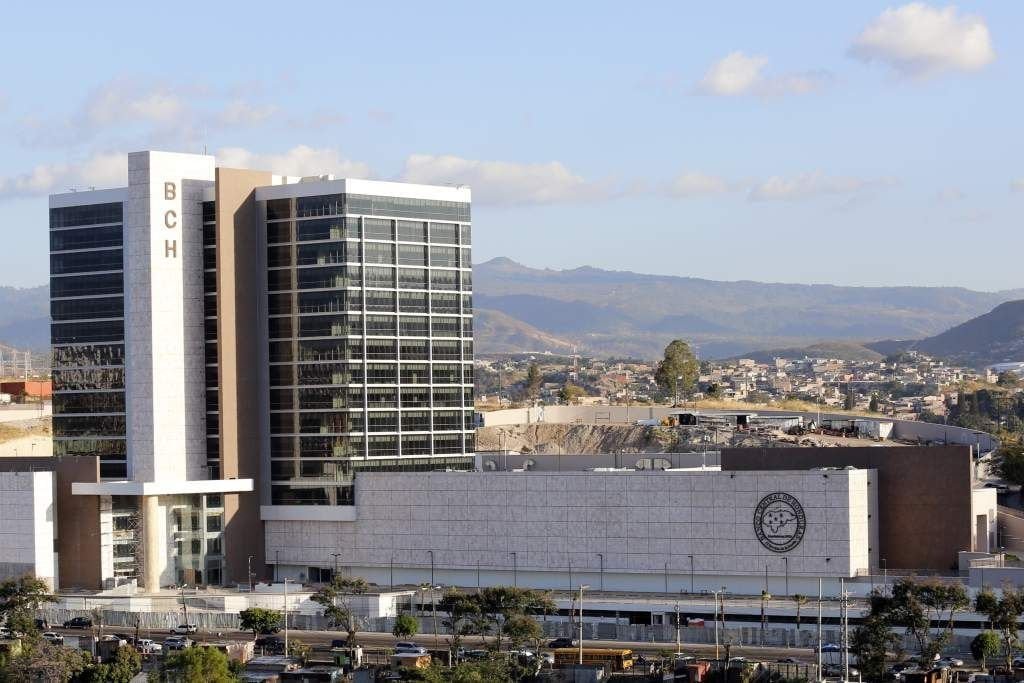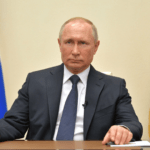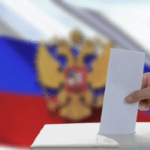Central Bank of Honduras Discredits Bitcoin Legal Tender Speculation – On March 23, Honduras’ central bank clarified that digital currencies like bitcoin are not legal currency nor regulated in the country. The statement, which was made via the official Twitter account of Honduras’ central bank, comes after much anticipation that the country’s president, Xiomara Castro, would declare bitcoin legal tender.
Xiomara Castro, Honduras’ 56th president, has been rumored to be considering legalizing bitcoin. According to reports, Honduras’ government could make a statement this week or in the “coming days.”
The central bank of Honduras officially debunked the reports on March 23, stating that crypto assets are neither legal tender nor regulated in the country.
Also Read: Russian Law Requires Election Candidates to Disclose Their Crypto Assets
The central bank letter says, “Bitcoin is a virtual financial instrument, often known as cryptocurrency, that is currently uncontrolled in our country and does not have the status of legal cash in most countries.”
The central bank of Honduras is also the “sole issuer of banknotes and legal tender coins in the national area,” according to the country’s central bank.
The bank’s notification emphasizes that Honduras’ central banking system “does not supervise or guarantee the actions carried out with cryptocurrency.” Essentially, the bank emphasizes that “those who carry it out” are largely responsible for every transaction involving a virtual asset.
Also Read: Fed Chair Powell Says Crypto Needs New Regulation Citing Risks to US Financial System
Regardless of the fact that bitcoin as well as other crypto assets are not regulated nor legal in Honduras, the central bank claims it is “considering the feasibility of accepting technological innovation.”
The technological and regulatory consequences of “releasing a central bank digital money” are still being considered by the bank.
The CBDC of Honduras would theoretically have “the characteristic of being recognized as legal money in the country, and so is regulated and supported by the central bank of Honduras.”




